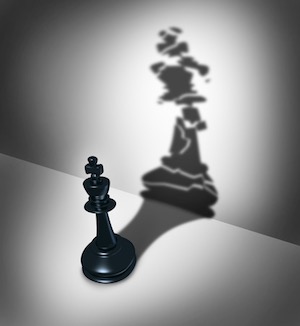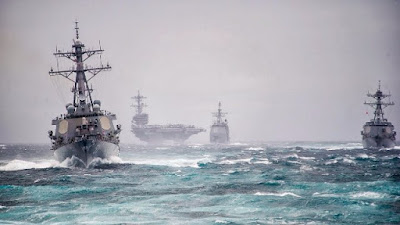Crumbling System: With the steady decline of organised religion, organised labour and organised sport, New Zealand's most crucial generators of social cohesion have largely ceased to function. As a result, New Zealanders no longer tend to define themselves by the things that draw them together, but by the things that drive them apart.
THE INTERNAL MIGRATION of Maori from the countryside to the
cities changed New Zealand society forever. For decades, this country’s race
relations regime had operated on the cynical proposition that so long as Maori
could be kept “out of sight”, they could also be kept “out of mind”. Such
complacency could not, however, survive the constantly rising demand for labour
that grew out of the extended post-war economic boom. The needs of the
construction and manufacturing sectors were such that tens-of-thousands of
mostly young Maori were lured away from their rural communities and into New
Zealand’s rapidly growing urban centres.
The late Dr Ranginui Walker wrote often of the massive
cultural dislocation which this rapid shift from rural to urban occasioned.
That it did not produce (at least, not immediately) the dramatic social
pathologies evident in other countries experiencing similar internal migrations
(Italy, for example) has been attributed to the strength of three intersecting
institutions: the churches; the trade unions; and the sports clubs; all of
which swiftly sank deep and binding roots into the new city-based Maori
communities.
The powerfully integrative effect of these three mass
institutions (augmented by specifically Maori organisations like the Maori
Women’s Welfare League and the Maori Wardens) made New Zealand’s experience of
massive and rapid internal migration comparatively painless. It also contributed
hugely to that most enduring of Pakeha myths: “New Zealand has the best race
relations in the world.”
With the benefit of hindsight, however, it has become clear
how important the churches, unions, and sports clubs were to the lives of ALL
New Zealanders – Pakeha as well as Maori. Since the 1970s, their relentless
decline has not only reduced dramatically the opportunities for the two
cultures to come together in pursuit of common interests, but also, in the
space where common beliefs and aspirations once flourished, a vacuum has been
created into which a host of very different, and often divisive, ideas has
migrated.
It was the churches that went first – and with them the
common Christian narrative that had allowed New Zealanders to view their social
and economic problems through a single ethical lens. In Pakeha culture, the
morally amorphous secularism which rushed in to fill the vacuum offered
multiple opportunities for non-religious belief systems to take root and
flourish. Some of these, like “New Age” spirituality, were harmless. Others,
like Ayn Rand’s “Objectivism”, and the New Left’s “Identity Politics”, would
prove dangerously corrosive of social cohesion.
In Maori communities, the vacuum created by the Christian
churches’ declining persuasiveness was quickly filled by a revival of
traditional indigenous beliefs and practices. Overarching and mobilising this
“Maori Renaissance” was the much broader and politically-charged narrative of tino rangatiratanga – Maori Sovereignty.
The triumph of neoliberalism in the 1980s and 90s only
speeded-up the disintegration of New Zealand society. The collapse of trade
union strength which followed the passage of the Employment Contracts Act in
1991 led directly to the elimination of penalty pay-rates. With them went the
institution that had made so many of New Zealand’s sports clubs viable – the
common Kiwi Weekend. For Kiwi sportsmen and women, the imperative very quickly
became: commercialise or die.
With the traditional generators of social solidarity no
longer humming, cast adrift New Zealanders retreated to that most fundamental
identity marker: ethnicity. Maori had got there first and had a ten year start,
at least, in developing the rhetoric of difference. But, as the extraordinary
response to Don Brash’s in/famous “Orewa Speech” made clear, Pakeha racial
chauvinism is not all that difficult to conjure-up. Both here and in America,
more and more disenchanted whites are tuning-in to the unrelenting tinnitus of
the tribe.
In the latest edition of The
Atlantic , journalist Peter Beinart writes: “Whatever the reason, when
cultural conservatives disengage from organised religion, they tend to redraw
the boundaries of identity, de-emphasising morality and religion and
emphasising race and nation.”
What does it say about the cultural malaise in which Western
civilisation currently appears to be gripped, that the ideological radicals of
the Left have, since the late-1970s, and with growing fervour, also been
emphasising those aspects of human existence over which the individual
exercises the least personal control: race, gender, sexuality?
Bereft of the mass institutions that once drew them
together, New Zealanders are increasingly defining themselves by the things
that drive them apart.
This essay was
originally published in The Waikato Times, The Taranaki Daily News, The
Timaru Herald, The Otago Daily Times and The Greymouth Star of Friday, 28 April 2017.













